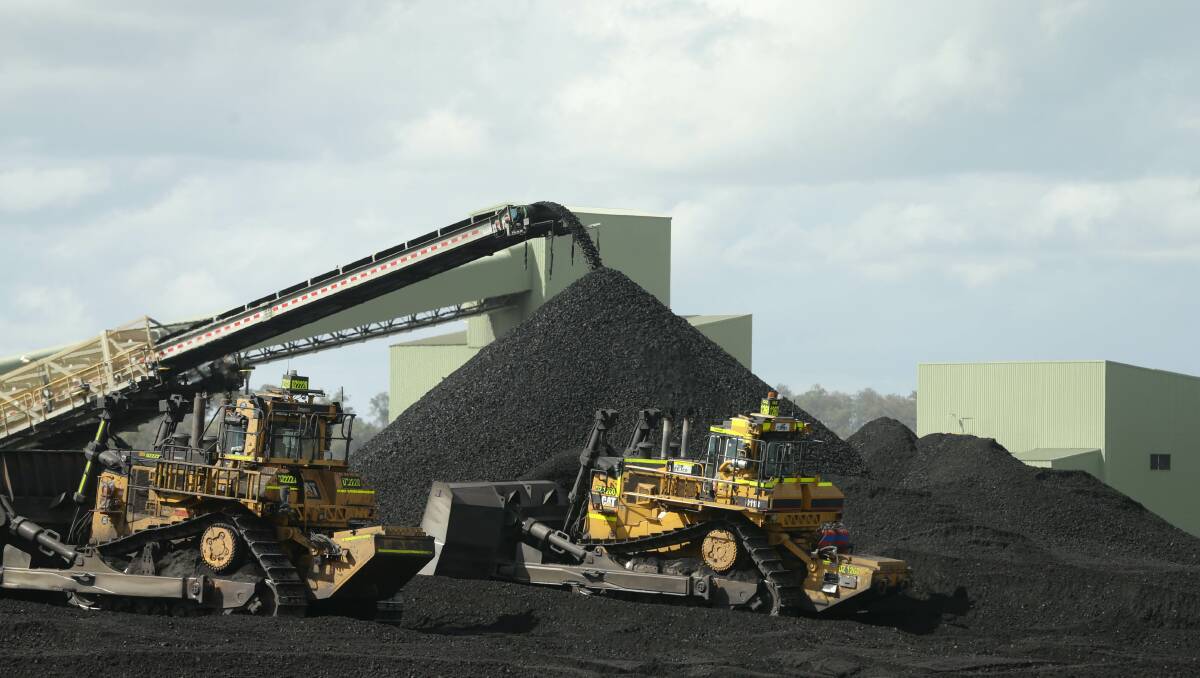Everything is upturned ... the importance of coal to other sectors is diminished

In his 2011 book Carbon Democracy, New York academic Timothy Mitchell attributes the intensity of coal's politics to coal's uniqueness as a fuel, especially the way it needed to be man-handled from pit faces through to where it was burned in power stations and smelters. A second factor, says Mitchell, was coal's role in economic development. From being a simple source of heat for homes and kilns, coal, through the decades, became the mainstay of power for electricity generation and metals production. Coal underpinned the first industrial revolution in the late 1700s, and then industrialisation and urbanisation, and lifted working people out of dire poverty.
Mitchell compares coal to petroleum, a fuel refined from crude oil, a liquid that rises to the ground without labour, is processed in technology-intense distilleries, travelling through pipelines without a human hand touching the stuff. A consequence, says Mitchell, is we had no such thing as militant petroleum unions, no local townships dependent on petroleum workers' wages, and no political parties where petroleum workers would press their claims.
But coal, the furnace-ready rock, needing labour for extraction and transportation, delivered industrial power to organised workers. Be it the pit face, the washery, the loader, the train, the port, the power station, the coke ovens, from any of these points, a strike could shut down a supply chain, freeze a company's operations, tank an economy.